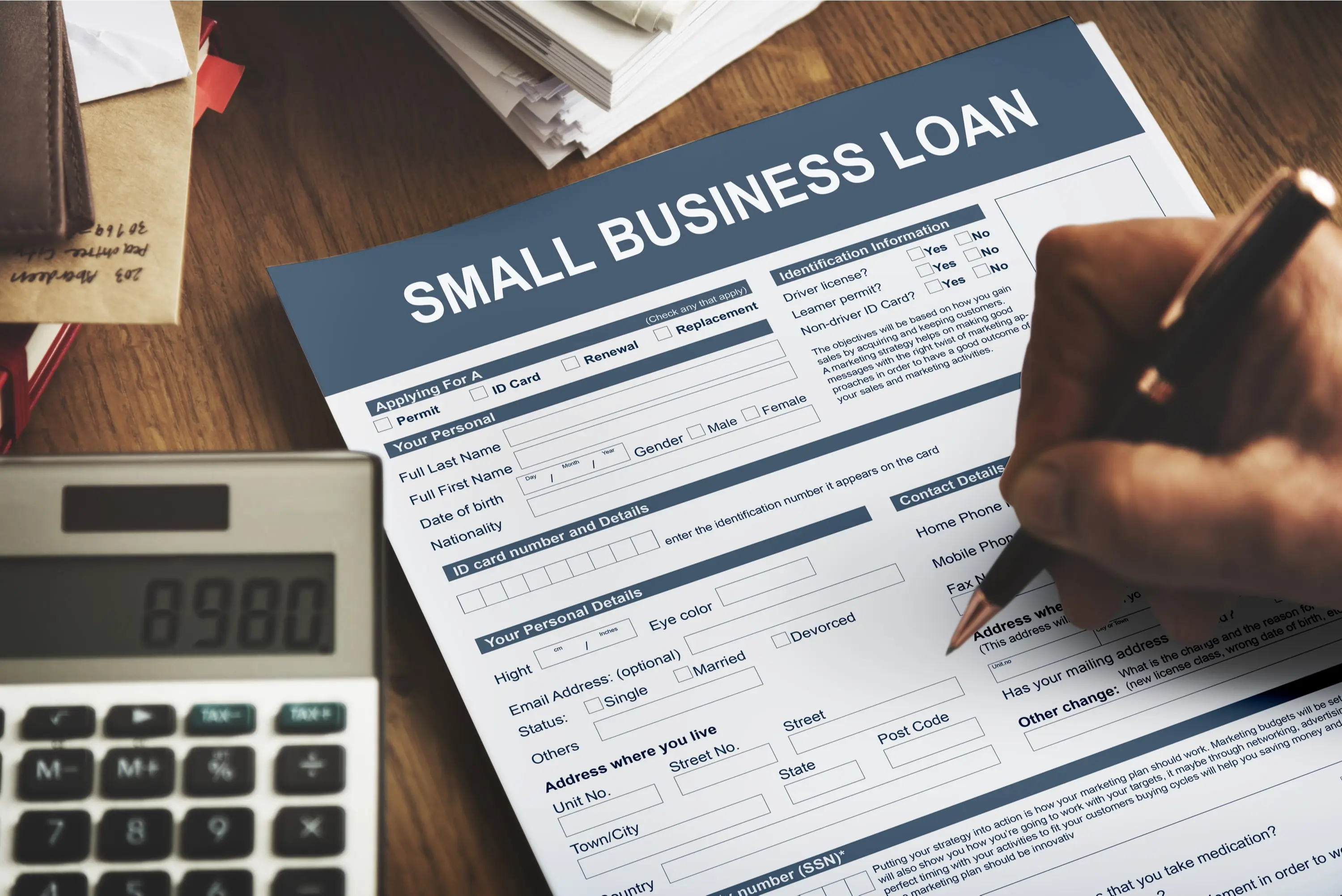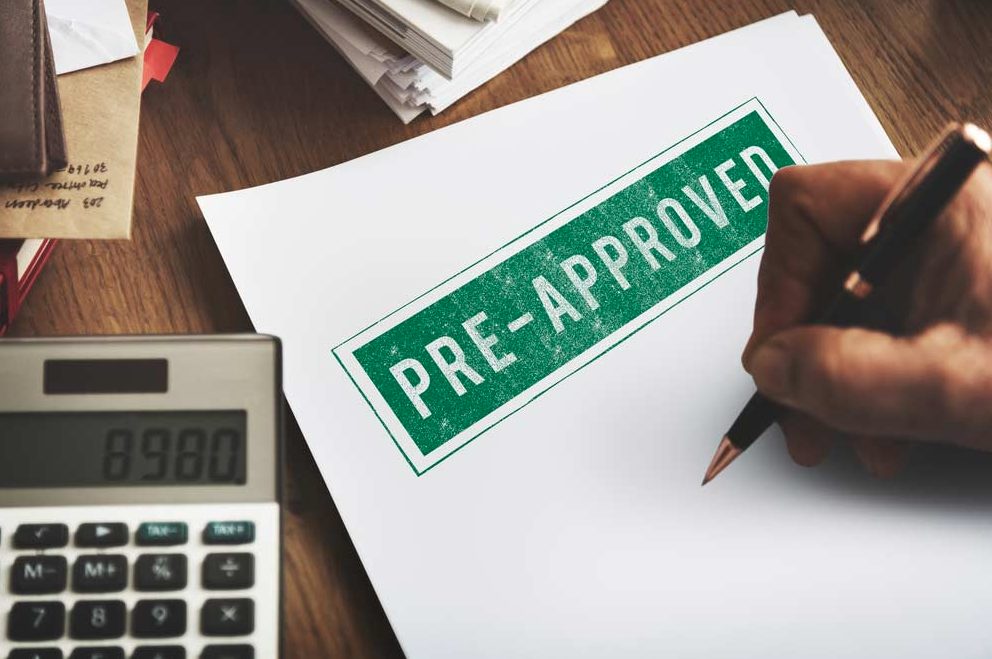How to Get a Small Business Loan with Bad Credit
Getting a small business loan with bad credit might seem difficult, but it is possible with the right approach. Many entrepreneurs face challenges due to less-than-perfect credit scores, but several lenders offer options that can help you secure financing. This article will explore how to increase your chances of approval, types of loans available, and essential steps to take if you have bad credit.
Understanding Your Credit and Loan Options
Before diving into the process, it's important to understand how your credit score affects your loan eligibility. A low score doesn’t necessarily mean you can’t get a loan, but it may limit your options or affect the terms of your loan. Here are a few types of loans that may be available for small business owners with bad credit:
| Loan Type | Description | Pros | Cons |
|---|---|---|---|
| SBA Microloans | Small loans offered by the SBA to support businesses in need of capital | Low interest rates, flexible terms | Limited loan amount ($50K or less) |
| Business Credit Cards | Revolving credit to cover everyday expenses | Fast access to funds, flexible use | Higher interest rates, low credit limits |
| Merchant Cash Advances | Loans based on future sales or daily credit card income | Quick access to funds | High-interest rates, short repayment period |
| Peer-to-Peer Lending | Loans from individual investors, often with more lenient credit requirements | May have lower qualifications | Higher interest rates, variable terms |
| Invoice Financing | Borrowing against unpaid invoices | Quick funding, flexible | Can be expensive, depends on invoice volume |
| Alternative Lenders | Non-bank financial institutions offering business loans with flexible terms | Fast approval, flexible requirements | Higher fees and interest rates |
Steps to Improve Your Chances of Approval
1. Understand Your Credit Score
Even with bad credit, it's important to know where you stand. Check your credit score from the three major reporting agencies (Experian, Equifax, and TransUnion) before applying for any loan. Some lenders may accept applicants with scores as low as 500, but the lower your score, the more challenging it will be to secure favorable terms.
2. Offer Collateral or a Co-Signer
If you have assets like equipment, property, or inventory, consider using them as collateral to secure the loan. Alternatively, you could ask a co-signer with a better credit score to help improve your chances of approval. Offering collateral or a co-signer reduces the lender's risk and may help you obtain better loan terms.
3. Apply for an SBA Microloan
The SBA Microloan program is designed to help small businesses that have difficulty obtaining traditional loans, especially those with bad credit. These loans have lower interest rates and more flexible repayment terms. However, they are usually capped at $50,000, which may not be enough for larger businesses.
4. Consider Alternative Lenders
Alternative lenders are more flexible than traditional banks and may offer loans to businesses with less-than-ideal credit. These lenders look at more than just your credit score—they may also consider your cash flow, business history, and industry to determine eligibility.
5. Provide a Detailed Business Plan
A strong business plan can help persuade lenders to give you a loan despite your bad credit. A well-prepared business plan demonstrates that you have a clear vision for your business and can repay the loan. It should include details about your business model, financial projections, market research, and any strategies you have for growth.
6. Look for Peer-to-Peer Lending
Peer-to-peer lending is an excellent option for small business owners with bad credit. Instead of going through a traditional financial institution, you borrow directly from investors. These platforms, such as LendingClub and Prosper, often have more lenient credit requirements and provide a faster approval process.
What to Avoid When Applying for a Loan with Bad Credit
1. High-Interest Loans
Some lenders may offer quick loans with extremely high-interest rates. While these loans may seem appealing if you need money fast, they can be costly in the long run. Be cautious of loans with APRs over 36%, as they could put your business in financial jeopardy.
2. Predatory Lenders
Unfortunately, some lenders prey on business owners with bad credit by offering loans with unfair terms, high fees, or excessive interest rates. Always research the lender’s reputation before applying to ensure you’re working with a legitimate company.
3. Unnecessary Debt
While it may be tempting to take out a large loan to cover all of your expenses, it’s important to borrow only what you need. Excessive debt can strain your business’s cash flow and put you at risk of defaulting on the loan.
Conclusion
Securing a small business loan with bad credit is certainly possible, but it requires careful planning and consideration of your options. Understanding your credit score, exploring various loan types, and offering collateral or a co-signer can improve your chances of approval. Don't forget to shop around for the best loan terms and avoid high-interest or predatory lenders.




